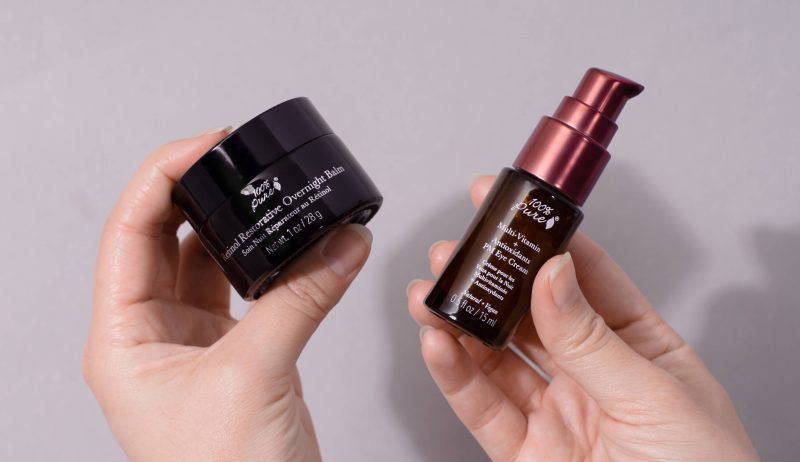Certainly! Here is a well-structured and unique article based on the reference link provided:
Vitamin A, often recognized for its numerous skincare benefits, is a powerful ingredient that can help improve skin texture, reduce signs of aging, and promote overall skin health. However, like any other skincare ingredient, it is crucial to understand how to safely use Vitamin A to achieve the best results without causing harm to your skin.
1. Understand Your Skin Type:
Before incorporating Vitamin A into your skincare routine, it is essential to know your skin type. Vitamin A derivatives, such as retinol and retinoids, can be potent and may cause irritation for those with sensitive skin. If you have sensitive skin, consider starting with a lower concentration of Vitamin A and gradually increasing it as your skin builds tolerance.
2. Patch Test:
To ensure that your skin tolerates Vitamin A well, perform a patch test before applying it to your face or affected areas. Apply a small amount of the product on a small patch of skin, such as the inside of your wrist, and wait for 24 hours to observe any signs of irritation or allergic reaction.
3. Start Slowly:
When introducing Vitamin A into your skincare routine, it is advisable to start slowly and gradually increase the frequency of application. Begin by using Vitamin A products two to three times a week and monitor how your skin responds. If you experience redness, peeling, or excessive dryness, reduce the frequency of use until your skin adjusts.
4. Use Sunscreen:
Vitamin A derivatives can increase skin sensitivity to the sun, making it essential to wear sunscreen daily. UV rays can further damage the skin and counteract the benefits of Vitamin A. Choose a broad-spectrum sunscreen with an SPF of 30 or higher to protect your skin from harmful UV radiation.
5. Moisturize:
To prevent excessive dryness or irritation often associated with Vitamin A products, it is crucial to hydrate and moisturize your skin regularly. Opt for a gentle, non-comedogenic moisturizer that can help maintain the skin’s natural barrier and prevent moisture loss.
6. Consult a Dermatologist:
If you are unsure about how to incorporate Vitamin A into your skincare regimen or if you have specific skin concerns, it is advisable to consult a dermatologist. A dermatologist can provide personalized recommendations based on your skin type, concerns, and goals, ensuring that you use Vitamin A safely and effectively.
7. Be Patient:
While Vitamin A can deliver visible improvements to the skin over time, it is essential to be patient and consistent with your skincare routine. Results may vary depending on individual skin types and concerns, so give your skin ample time to adjust and reap the benefits of Vitamin A.
In conclusion, Vitamin A is a valuable ingredient in skincare that can help address various skin issues and promote a healthy complexion. By following these guidelines on how to safely use Vitamin A for your skin, you can maximize its benefits while minimizing the risk of adverse reactions. Remember to listen to your skin’s needs, be consistent with your routine, and prioritize skin health above all else.

